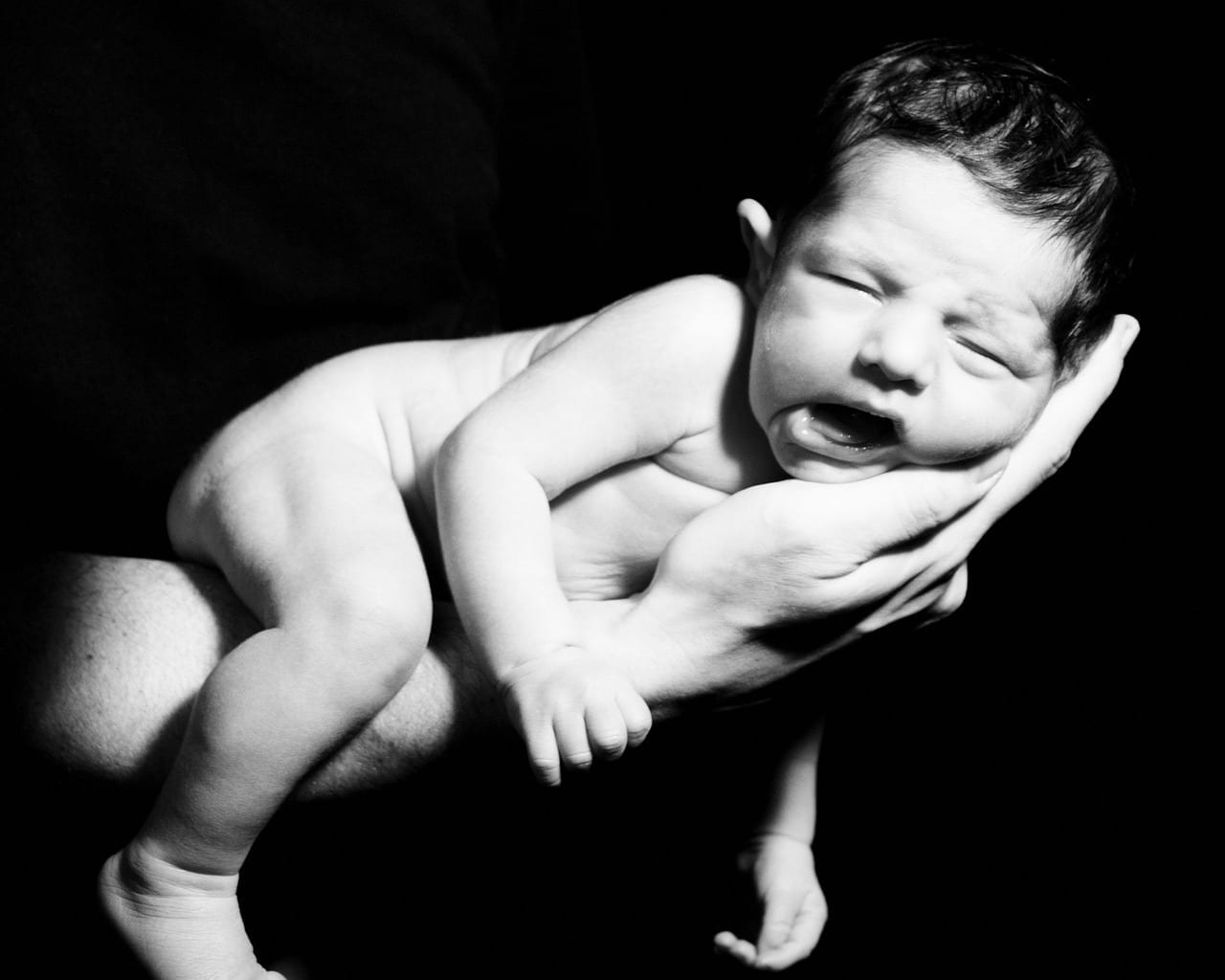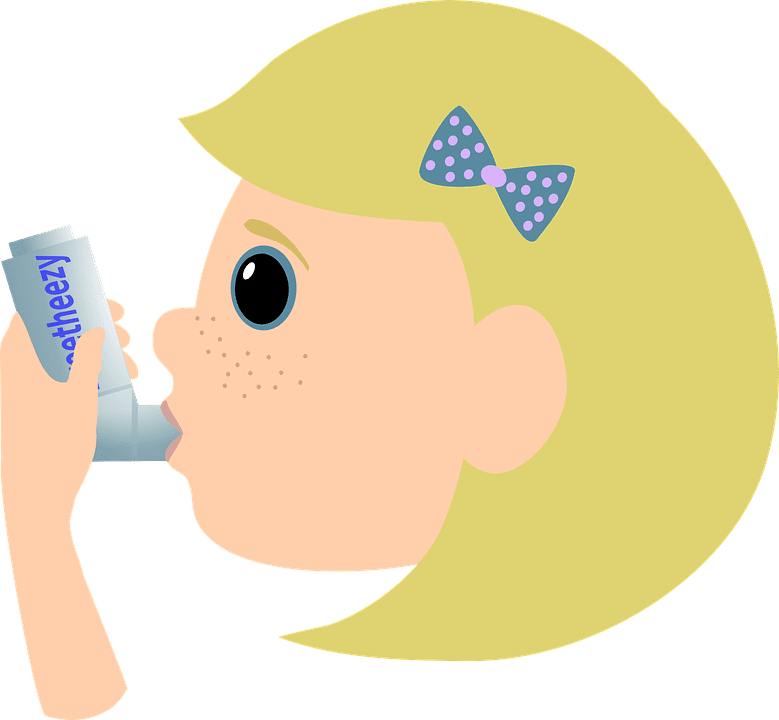Years ago, parents and doctors treated fever in kids like an illness, and they did everything possible to bring the fever down, thinking that alone would solve the problem. Today, we understand that turning up the thermostat is the body’s way of fighting off infection.
Doctors have loosened that old ironclad rule about what is normal in terms of temperature. Instead of 98.6 degrees Fahrenheit, we now think of “normal” temperature as a range that runs from about 1 degree lower or higher than 98.6 degrees Fahrenheit. A fever is considered to be anything more than 100.4 degrees Fahrenheit.
Remember that fevers tend to be higher in children than in adults. Temperatures of 103 to 104 degrees Fahrenheit are not uncommon in children. The fever itself is not harmful, although the underlying condition that is causing it may be serious. Contrary to myth, even temperatures up to 106 degrees Fahrenheit will not cause brain damage in children.
In a very few cases, usually when the temperature rises rapidly, children younger than 4 may have what is known as febrile (meaning feverish) convulsions. This is terrifying for the parents, to be sure, but febrile convulsions are seldom harmful to the child. They are not usually an emergency, but do call your doctor if your child has a febrile convulsion. It also is a good idea for parents to learn in advance how to handle convulsions, even though the chances your child will have one are slim.
You should always call the doctor when:
- fever of 101 degrees Fahrenheit or higher is present in babies younger than 3 or 4 months
- the fever is higher than 104 degrees Fahrenheit and does not respond to paracetamol or ibuprofen and other home treatments within four or five hours
- if a child younger than 3 years (but older than 3 months) has a high fever that lasts for 24 hours
- the fever is accompanied by any extreme or unusual symptoms, for example: breathing problems, rash, drooling, stiff neck, vomiting, delirium, hallucinations
- there are signs of dehydration
- there is a lot of pain, especially in the abdomen
- the child acts very sick
- you are unsure about the symptoms and what to do. Maybe something just does not seem right, or you need some reassurance. Do not be afraid to call and ask questions, even if you feel silly or embarrassed.






Be the first to comment on "Facts About Kids and Fever"